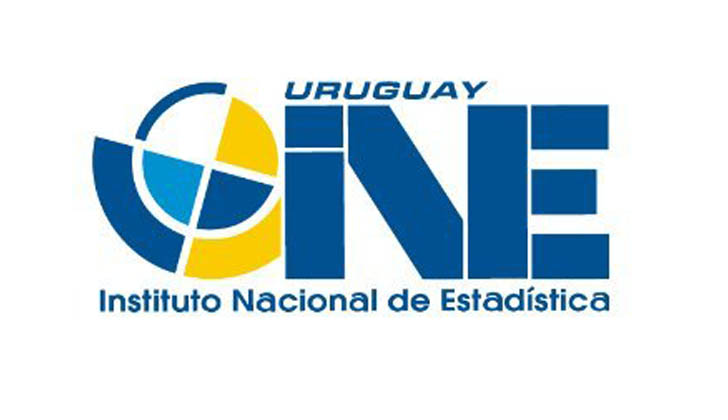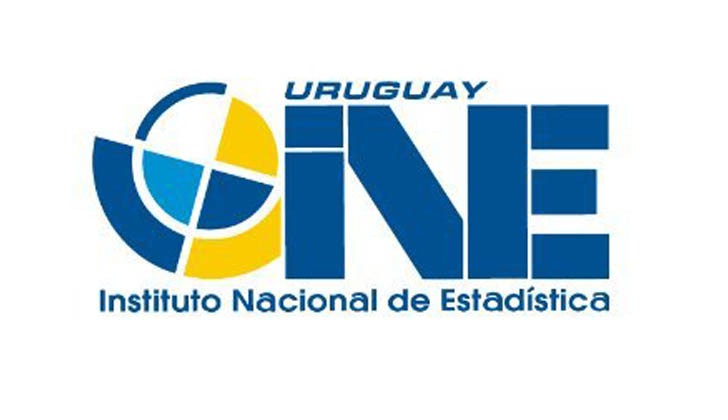
State officials denounce that in the current administration, the Technical Directorate of the INE “has defined and applied changes in the methodologies of the Continuous Household Survey (ECH) and in the measurement of the Consumer Price Index (CPI)”.
household survey
“The changes in the Household Survey were implemented as of 2021. It went from interviewing approximately 3,800 households per month, with a single form and in person, to conducting a six-month rotating panel that involves interviewing to a household in person once (with an implementation form with a number of variables similar to the previous ECH) and they continue to be interviewed for five more months, by telephone, with a form with fewer variables, where they no longer ask, for example, by education and income”, explained COFE.
For the Confederation, “this change matters when it comes to publishing and generating the indicators provided by said survey, nothing more and nothing less than those of the labor market, employment, unemployment, those of household income of people and, especially, the estimates of poverty and indigence that have been used by different political actors in recent times to justify or promote their positions before public opinion, making comparisons associated with methodologies and periods of time that are not identical”.
The public servants’ union also questioned that the INE Directorate “has refused to provide information to the organization’s union regarding the number of surveys actually carried out in this period (which give rise to the indicators that are published), and At the same time, it has subjected workers to a strong and negative impact on working conditions and wages.”
They also denounced that in the institutional organization chart of the survey “an entire section disappeared within a Department of the Institute, which is Quality Control.”
“During the restructuring process of this Division, direct and discretionary appointments, without competition, continued to be the trend of the administration. Not so the transparency to provide information in the framework of collective bargaining or to the population, which, for example, has not been informed of the objective of requesting the identity document at the time of being interviewed”, compares COFE.
CPI Measurement
Parallel to these changes in the Household Survey, COFE denounces that “changes have also begun to be implemented in the methodology and bases for measuring the CPI.”
COFE points out that the CPI is a fundamental element when it comes to negotiating and defining, for example, “salary guidelines at the public and private levels”.
Regarding these changes, the Directorate of the INE “has also refused to provide information to the Institute’s guild, arguing that its scope and form had not yet been defined.” However, “in fact, actions have been carried out to form a new basis for measuring this index, which, according to what has been communicated to the workers involved in the data collection, will mean a reduction in their workloads, both for the decrease in the number of units to be surveyed (businesses in this case), as well as the implementation of a self-administered form system for certain companies where they would record the information and send it to the INE via the web”.
From COFE and also the workers of the institute, they do not know “if there is a control of the veracity and quality of the data thus obtained”.
“The information that we do have is what has been transmitted by the Management to the workers in functional instances, and it is that the workloads would decrease on average by around 50%, which would imply that the direct survey of prices to calculate the IPC, carried out by officials of the Institute, would decrease in the same proportion”, questioned the Confederation.
The union stated that today “great doubts are generated about the results that are being obtained from these methodological changes, in a framework where beyond the technical elements, the management model in an institution of great importance in the life of the country has been distinguished by permanent public exposure, while within it it makes discretion and opacity a distinctive mark of its actions”.
COFE states that the process of applying these changes has been “at least uneventful, in the desire of the INE Directorate to impose a new management model within the Institute, without collective bargaining, with direct and discretionary appointments and without respecting the administrative career; all of which has been and is denounced by the union of the Institute”.
They expressed concern about “the lack of knowledge of collective bargaining established by law, since it affects the conditions in which workers carry out their tasks, and these conditions have an impact on the development of the task.”
They also denounced “a situation of precariousness and instability in the income of the officials” that they consider “unacceptable” for those who are in charge of collecting and handling official and confidential information at the beginning of the processes.
They warned “to be vigilant in defending quality public statistics, defending the institutions and regulations that guarantee transparency and rights, and that have made the INE an Institution recognized for its work and products and for being independent of political guidelines of the different governments.






